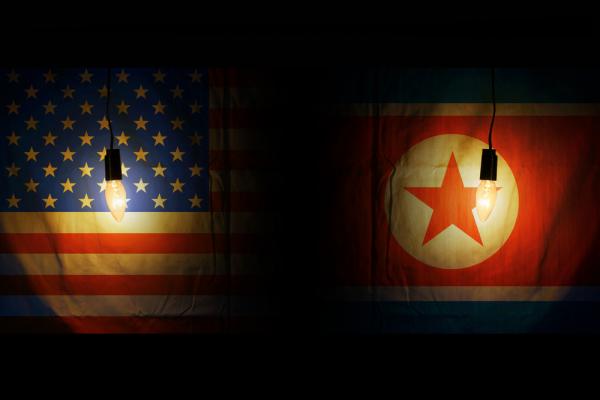Mar 15, 2018
As Trump and Kim Jong-un approach possible conversations, here are 3 truths for American Christians to keep in mind.
Read the Full Article

Already a subscriber? Login

As Trump and Kim Jong-un approach possible conversations, here are 3 truths for American Christians to keep in mind.
